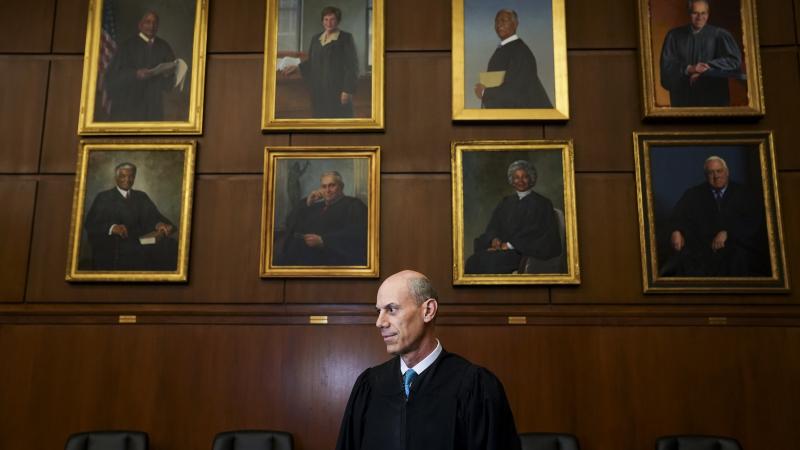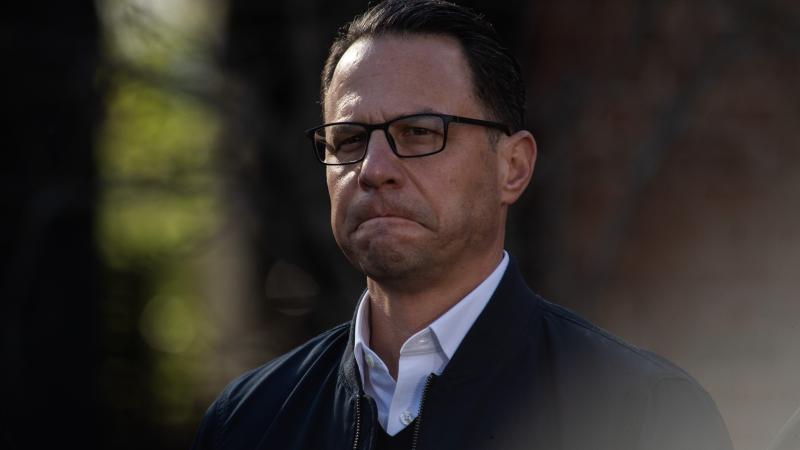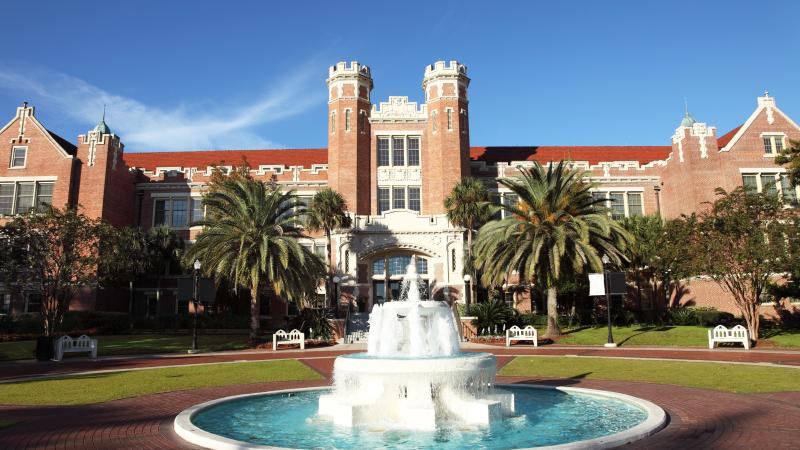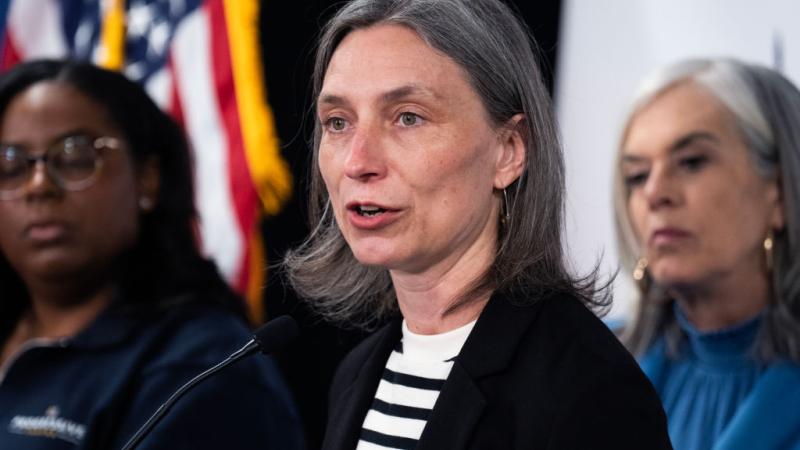Twelve U.S. cities, all led by Democrats, broke annual homicide records in 2021
Blue cities were disproportionately receptive to the Black Lives Matter defund-the-police movement pushed by progressives in 2020.
Twelve U.S. cities broke annual homicide records in 2021 — and all were led by Democrats.
Philadelphia topped the list, surpassing 500 murders as of Nov. 26 — breaking last year's numbers with a month left to go in the year. The last time there were this many people killed in the City of Brotherly Love was in 1990.
Rounding out the top five are Indianapolis with 246 killed, Columbus with 179, Louisville with 175, and Baton Rouge with 137.
Philadelphia, with a population of roughly 1.5 million, reached 521 homicides by Dec. 6, an increase of 13% from the previous year. By comparison, New York, with roughly 8 million residents, had 443 homicides as of Dec. 5.
Others in the dirty dozen were: Albuquerque (82 murdered), Tucson (80), Portland (72), Rochester (71), Toledo (62), Austin (60), and St. Paul (35).
Despite these cities seeing the sharpest rises in murder rates, Chicago still leads the nation in total homicides for the year, with 739 by the end of November.
An analysis published by ABC News suggests there's "no clear answer" to explain the cities' record-breaking murder totals, although the report fails to mention that all of the cities it lists are run by Democrats, who were disproportionately receptive to the Black Lives Matter defund-the-police movement pushed by progressives in 2020.
Policies to defund police contributed to increased crime, argue critics, including Texas Republican Gov. Greg Abbott. While experts suggest there are a range of factors contributing to why people kill, evidence suggests that less cops on the street made these cities less safe.
In Philadelphia, for example, the City Council voted in June 2020 to slash police department funding by $33 million. "In addition to approving the budget with reductions in police spending — reversing years of annual police budget increases — Council voted to approve three significant reform bills addressing the police department in various ways," the council announced. Seventeen months later, the city reported the highest number of people murdered since 1990.
In Rochester, meanwhile, the City Council voted in June 2020 to cut police department funding by $3.6 million, or 3.7% of its budget. It also cut the incoming Rochester police class by 50%, choosing instead to spend $130,000 to hire two community city managers that cannot fight crime. Within three months of the City Council's slap in the face, the police department's entire command staff retired.
After the city of roughly 200,000 broke its 30-year-old homicide record, Police Capt. Frank Umbrino said: "We're extremely frustrated. It has to stop. I mean, it's worse than a war zone around here lately."
In Austin, crime spiked after its Democrat-controlled City Council cut its police department budget by $150 million last May. Lack of support from the mayor and City Council caused the department to lose 15 to 20 officers a month and constrained its ability to train new recruits through the closing of police academies.
Seventeen months later, the Austin Police Department announced it could no longer respond in person to non-emergency 911 calls due to staffing shortages.
Now, when drivers get into car accidents in Austin with no reported injuries, 911 won't send an officer. Instead, those in accidents must call 311 to file a non-emergency police report. The same is true for victims of burglaries. If the burglary isn't in progress or the suspect has fled the scene, victims are instructed to call 311 to file a non-emergency police report.
Save Austin Now, a bipartisan advocacy group that supported a ballot measure to restore police funding, lamented that voters succumbed to a misinformation campaign funded by outside money and unions that claimed that if the measure passed other services would be cut. The ballot measure was defeated earlier this year.
With many officers quitting and retiring and not enough new recruits to replace them, the APD projects it will have at least 235 vacancies by May 2022 and 340 by May 2023.
To respond to the crisis, the Republican-led Texas Legislature passed bills signed into law by Gov. Abbott to prevent other cities from doing what Austin did. The first law, which already went into effect, penalizes cities that defund their police departments.
Those with populations over 250,000 that seek to defund their police departments will have their property tax revenue frozen. The state could also withhold sales taxes collected by a defunding city, allocating the money instead to the Texas Department of Public Safety to offset the increased costs incurred by the state to protect vulnerable residents of a defunded municipality.
Another new law restricts counties from defunding police departments. Those with a population of more than one million would require voter approval to reduce law enforcement budgets. If voter approval is not received but the county still defunds police, the county's property tax revenue would be frozen by the state under the new law.
"In Texas we do not turn our backs on our law enforcement officers," declared Abbott. "Texas is a law-and-order state, and we are going to ensure that we keep it that way. Defunding the police is reckless. It endangers the lives of people in communities across the entire state. We cannot and we will not allow cities like Austin to defund the police."













